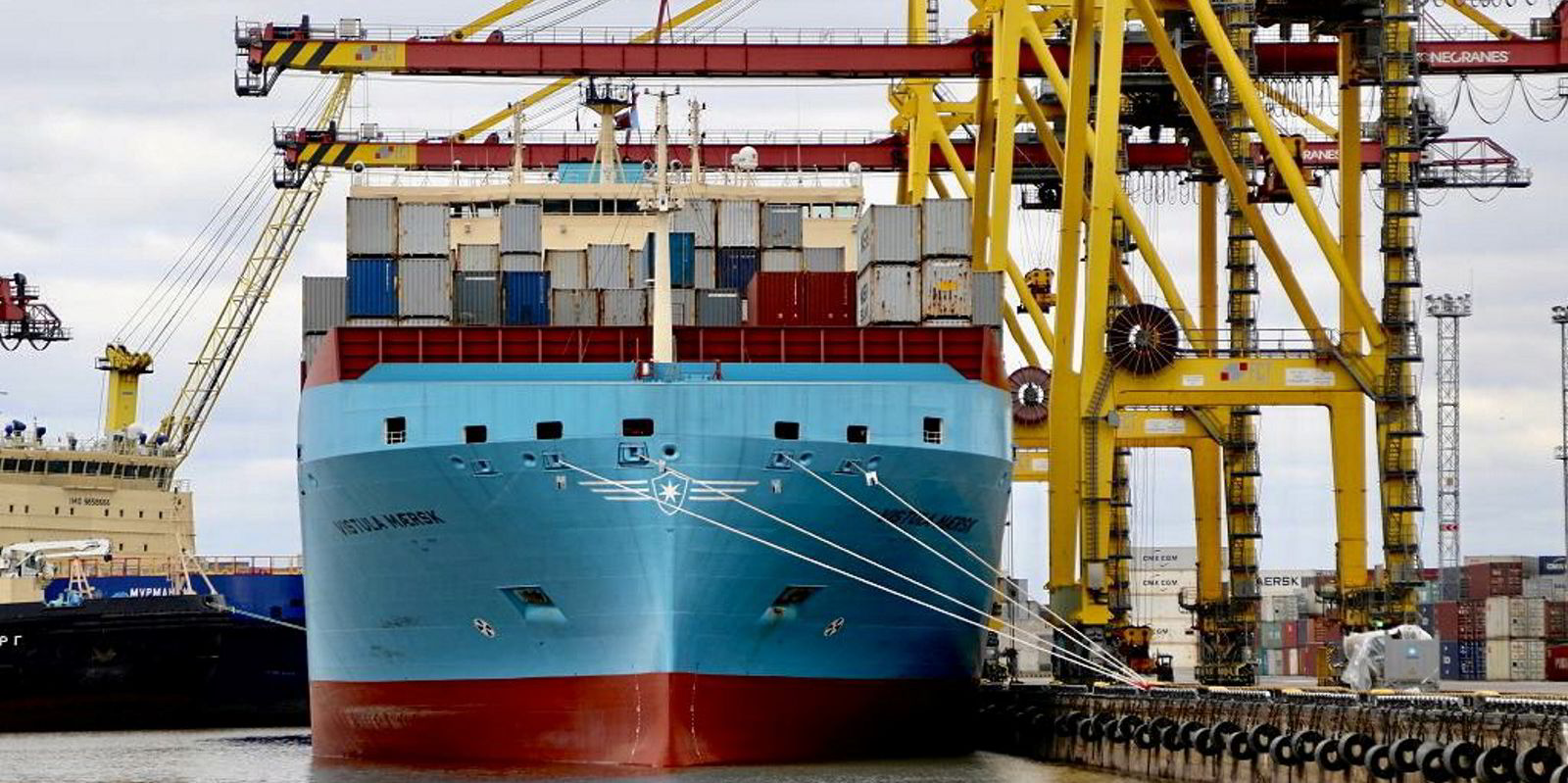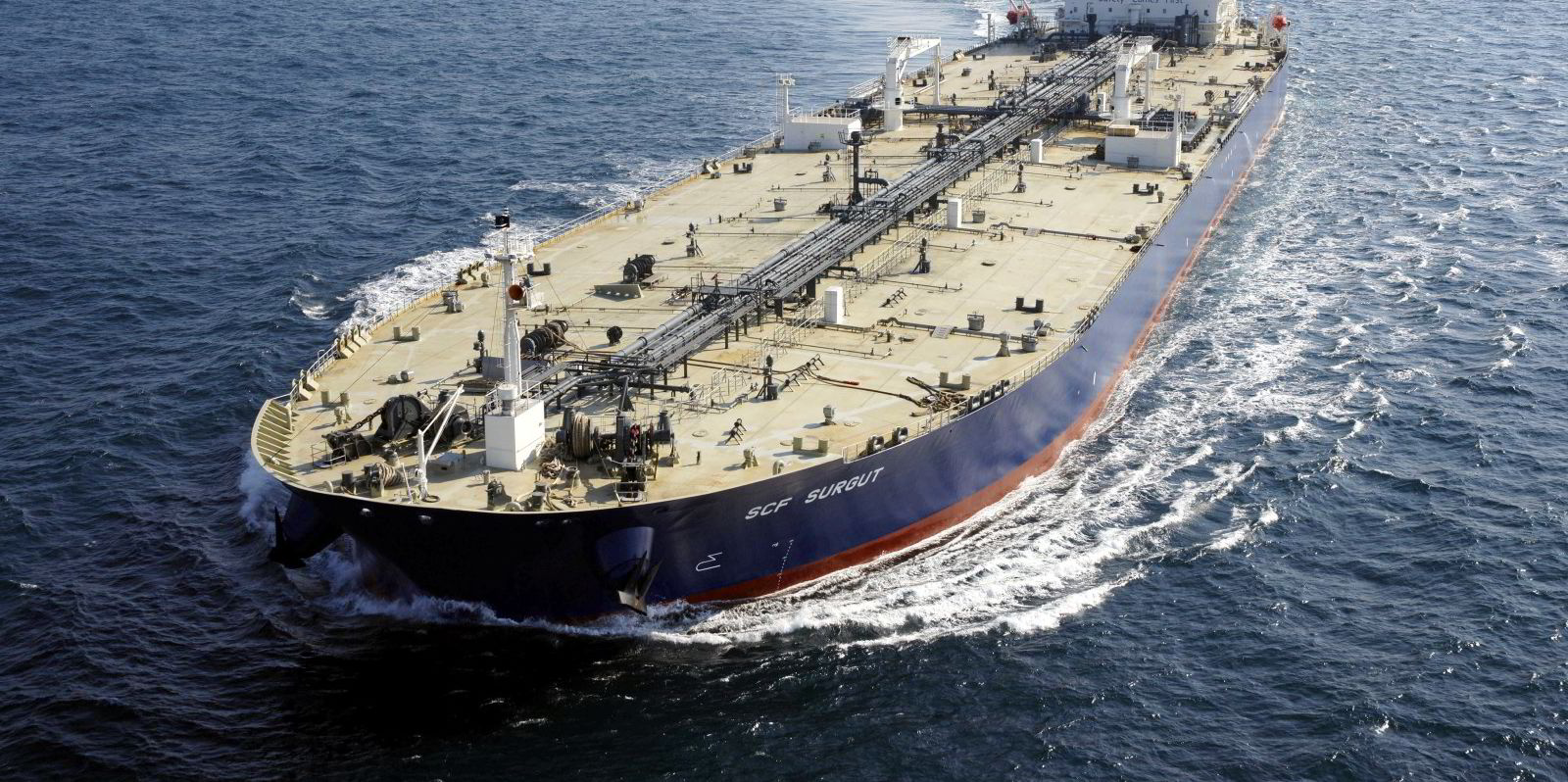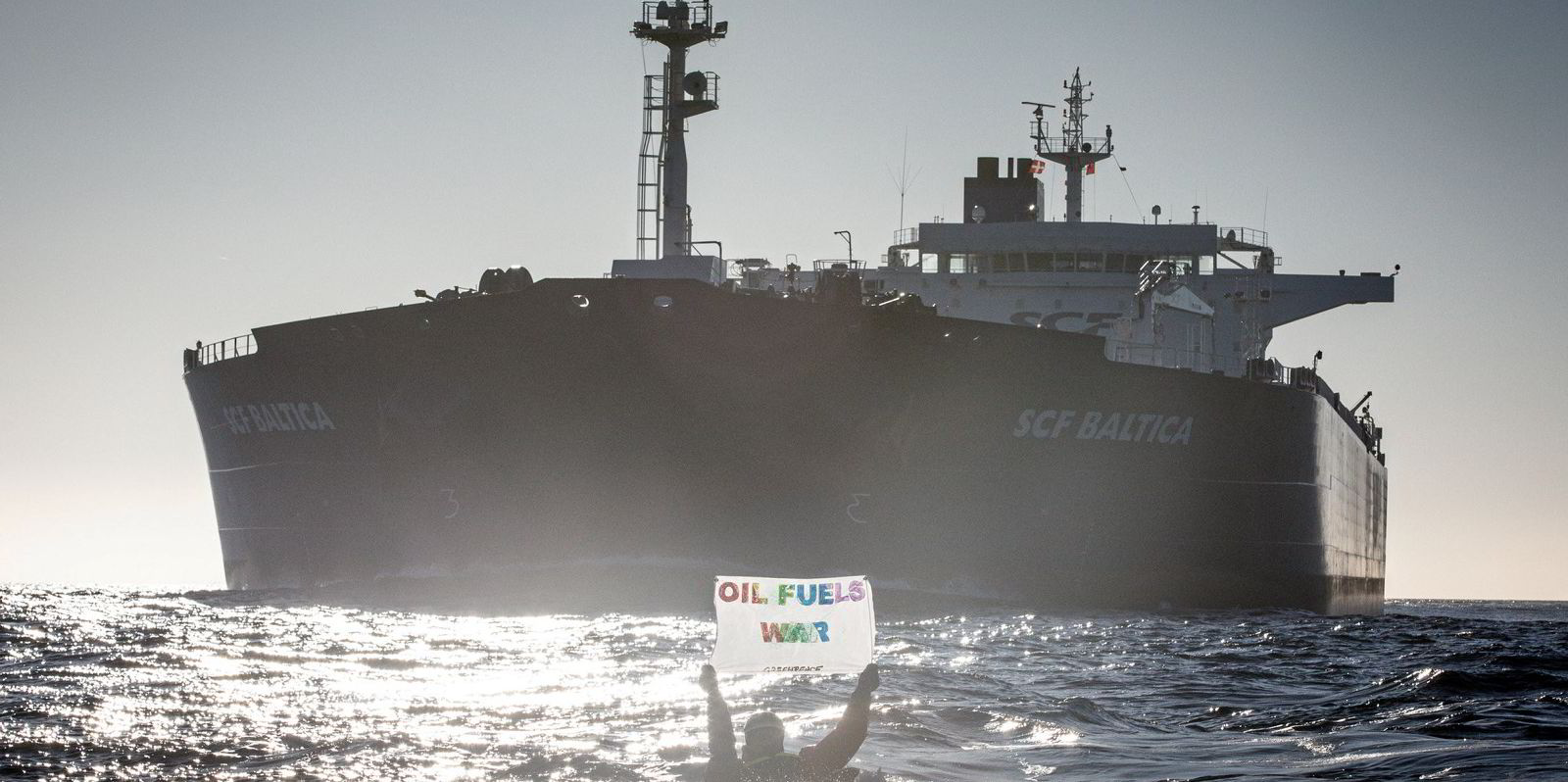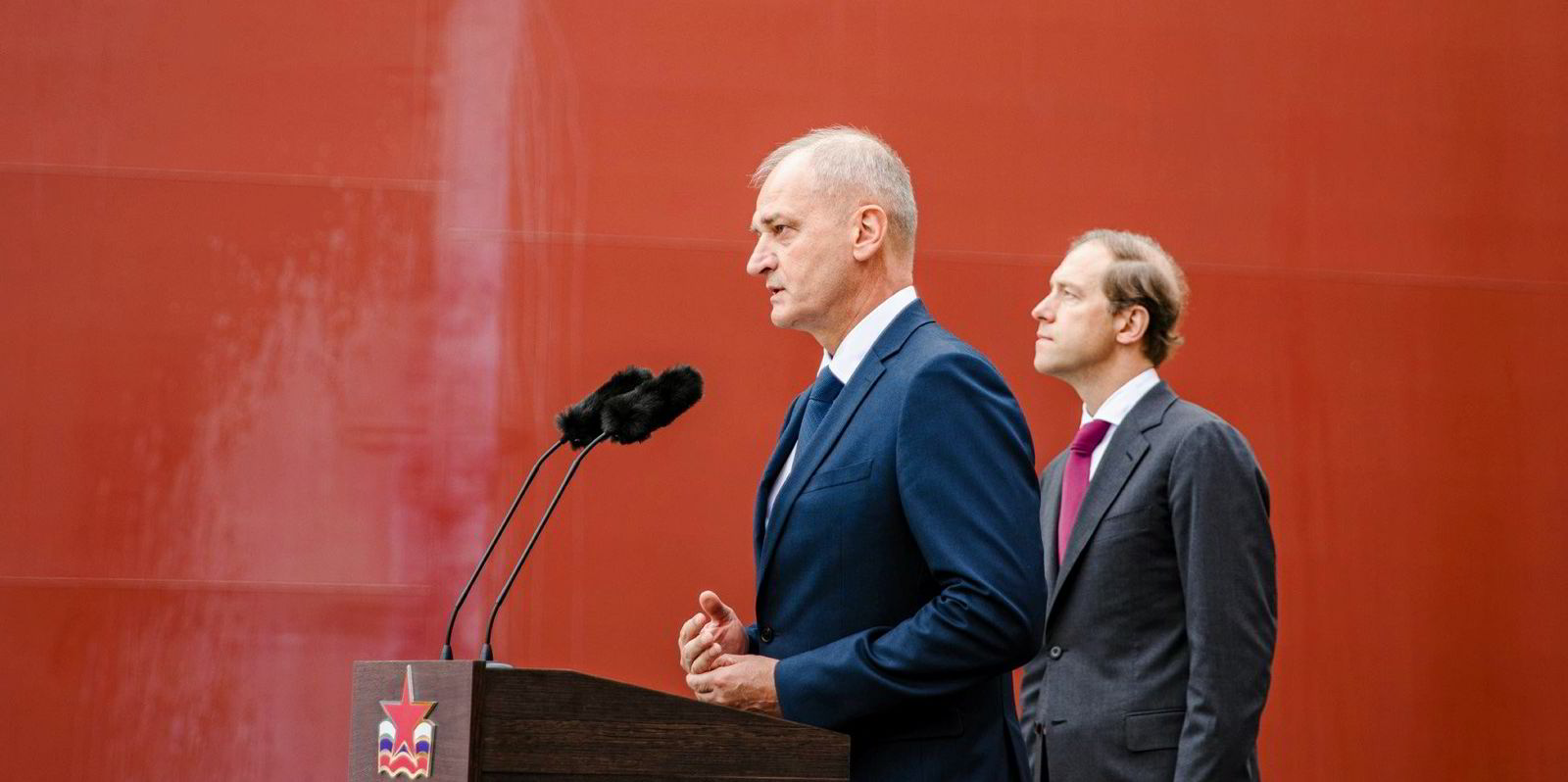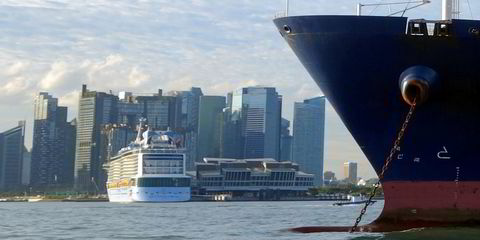Russia’s leading container port operating company is hailing what it claims is a significant rise in the country’s container volumes.
IJSC Global Ports Investments said that Russian container volumes rose by 17% in the first quarter of the year to 1,293,000 teu.
The figures are based on numbers published by the St Petersburg-based Association of Commercial Sea Ports.
“The Russian marine container market has almost overcome the decline of 2022 and returned to the comparable level of the first quarters of 2021 and 2022,” Global Ports said.
The increase was particularly strong in the Baltic region, the company noted.
Throughput in Baltic ports almost doubled to 409,000 teu compared with the same quarter a year earlier.
That pushed the Baltic basin’s share of the Russian market to grow to 32% in the quarter, up from 19% a year earlier.
Container throughput in the Black Sea basin increased by 6.8% in the period.
Throughput to Russian ports in the Far East basin declined to 44% of the Russian market, down from 53% a year earlier.
Global Ports is Russia’s largest operator of container terminals with five facilities in the Russian Baltics and Far East, and two in Finland.
In August 2022, AP Moller-Maersk sold a 30.75% stake in the port company to Delo Group, the major shareholder and largest intermodal container firm in Russia.
Contrasting numbers
The touted rise in volumes to Russian ports contrasts with a fall in cargoes in ports that handled Russian cargoes before the country invaded Ukraine.
Rotterdam lost 7% in container volumes in 2023, to add to a 6% decline in 2022, according to Alphaliner estimates.
The Dutch port has been hit by the near-total loss of Russian cargo and a major contraction in European consumer demand.
Volumes are now 9% below 2019 levels.
Similar declines of about 7% last year affected the ports of Antwerp-Bruge and Hamburg, Europe’s second and third largest ports
Chinese ports, on the other hand, reported another year of growth in 2023, with exports to Russia remaining strong.
Major increases in container volumes were also reported in the Middle East, where several liner operators are initiating new services.
The largest container port, Dubai-Jebel Ali, re-entered the top 10 ranking, overtaking Rotterdam in the process, Alphaliner said.
Dubai also moved ahead of Hong Kong, which posted its seventh year of consecutive volume declines and has lost one-third of its container traffic over the past decade.
